'Lost continent' found under Mauritius in the Indian Ocean
Sat 04 Feb 2017, 12:08:38
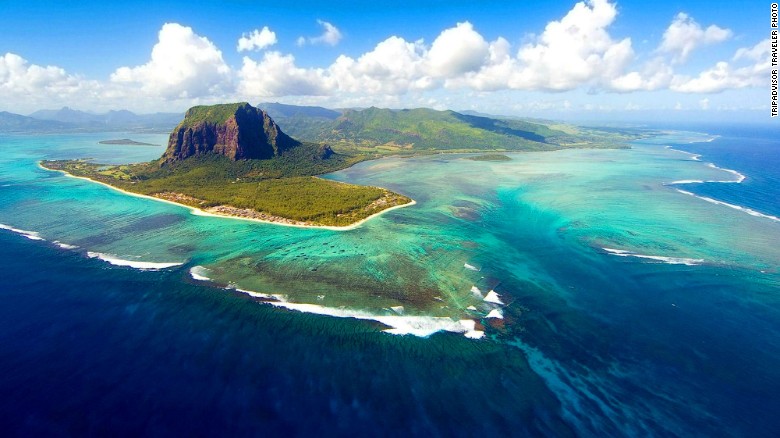
Found -- one lost continent, hiding underneath a tropical holiday destination.
It might sound implausible, but deep at the bottom of the Indian Ocean, a research team, led by South Africa's University of the Witwatersrand, has found pieces of an ancient continent.
The lava-covered piece of continent, dubbed 'Mauritia,' was found under the popular island of Mauritius.
According to the report published this week in the journal Nature Communications, the piece of crust is left over from the breakup of Gondwanaland, a super-continent that existed more than 200 million years ago.
'Lost continent' found under Mauritius in the Indian Ocean
By Juliet Perry
Updated 1548 GMT (2348 HKT) February 3, 2017
'Lost continent' found
Now Playing 'Lost continent' found
'Lost continent' found 00:57
Story highlights
Continent contains rocks that are 3.6 billion years old
Mineral zircon in beach sand provided clue to continent
(CNN)Found -- one lost continent, hiding underneath a tropical holiday destination.
It might sound implausible, but deep at the bottom of the Indian Ocean, a research team, led by South Africa's University of the Witwatersrand, has found pieces of an ancient continent.
The lava-covered piece of continent, dubbed 'Mauritia,' was found under the popular island of Mauritius.
According to the report published this week in the journal Nature Communications, the piece of crust is left over from the breakup of Gondwanaland, a super-continent that existed more than 200 million years ago.
Containing rocks up to 3.6 billion years
old, Gondawanaland split into what now are Africa, South America, Antarctica, India and Australia.
old, Gondawanaland split into what now are Africa, South America, Antarctica, India and Australia.
Professor Lewis Ashwal, lead author of the paper, says there are a number of pieces of "undiscovered continent" of various sizes spread over the Indian Ocean, left over by the breakup.
"This breakup did not involve a simple splitting of the ancient super-continent of Gondwana," says Ashwal, but "a complex splintering took place with fragments of continental crust of variable sizes left adrift within the evolving Indian Ocean basin."
The team made the discovery by analyzing a mineral -- zircon -- found in rocks spewed up by lava during volcanic eruptions.
They said that remnants of the mineral were way too old to belong to Mauritius. "Mauritius is an island, and there is no rock older than 9 million years old on the island," says Ashwal. But by studying rocks on the island, they found zircons that were 3 billion years old.
The researchers say these findings corroborate a study done in 2013 that found traces of ancient zircons in beach sand. But critics said the mineral could have been blown in by the wind, or carried in by the scientists.
Ashwal says the fact the team found ancient zircons in rock "refutes any suggestion of wind-blown, wave-transported or pumice-rafted zircons."
The researchers say their results demonstrate, in no uncertain terms, "the existence of ancient continental crust beneath Mauritius."
That continent might be lost forever, but it's still leaving traces to remind us of its existence.
"The fact that we have found zircons of this age proves that there are much older crustal materials under Mauritius that could only have originated from a continent," said Ashwal.
No Comments For This Post, Be first to write a Comment.
Most viewed from International
Most viewed from World
AIMIM News
Latest Urdu News
Most Viewed
May 26, 2020
Is it right to exclude Bangladesh from the T20 World Cup?
Latest Videos View All
Like Us
Home
About Us
Advertise With Us
All Polls
Epaper Archives
Privacy Policy
Contact Us
Download Etemaad App
© 2026 Etemaad Daily News, All Rights Reserved.

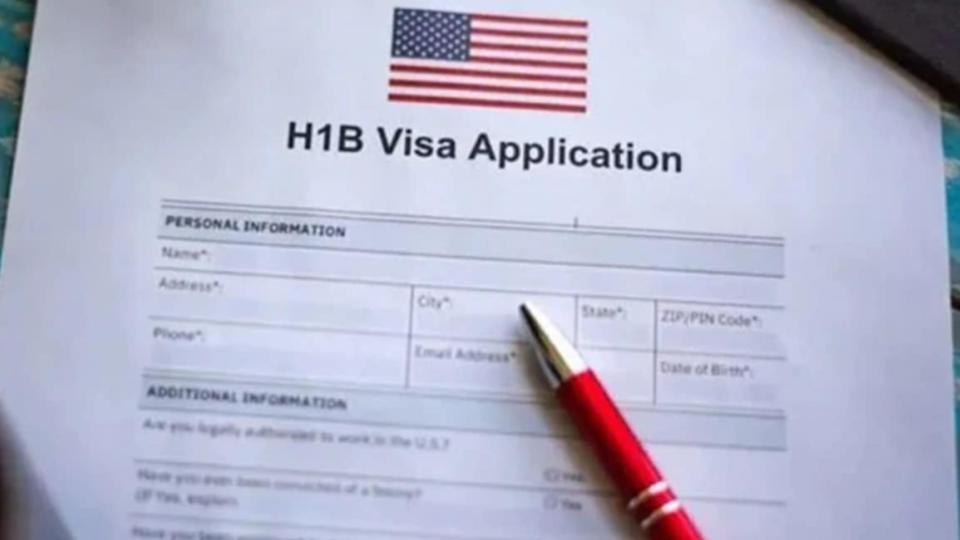
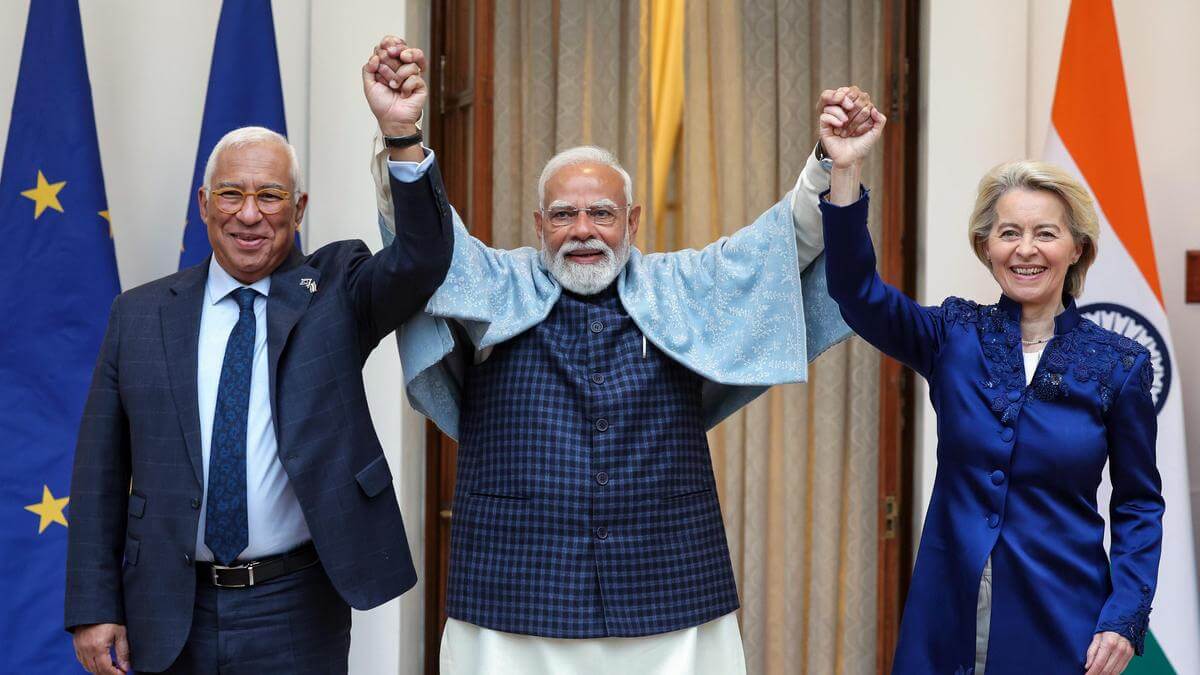
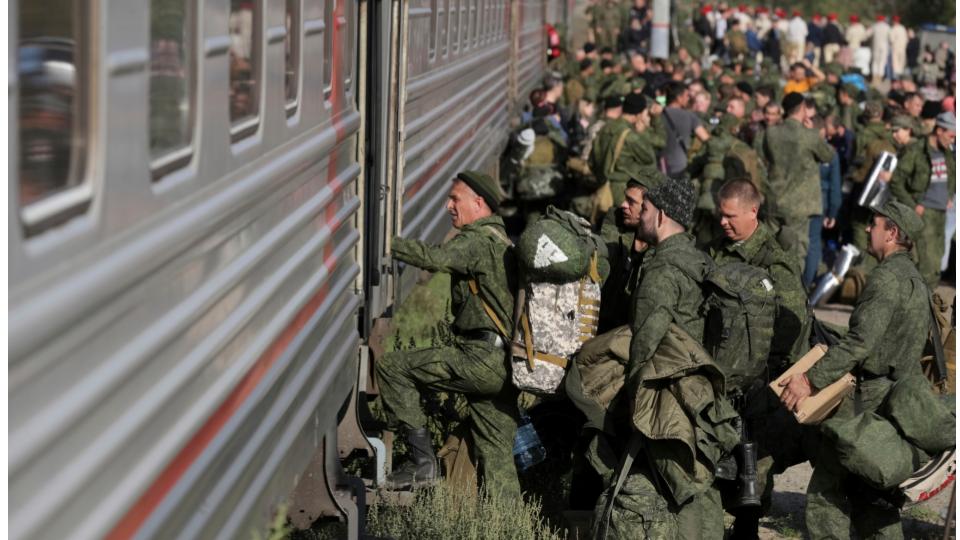
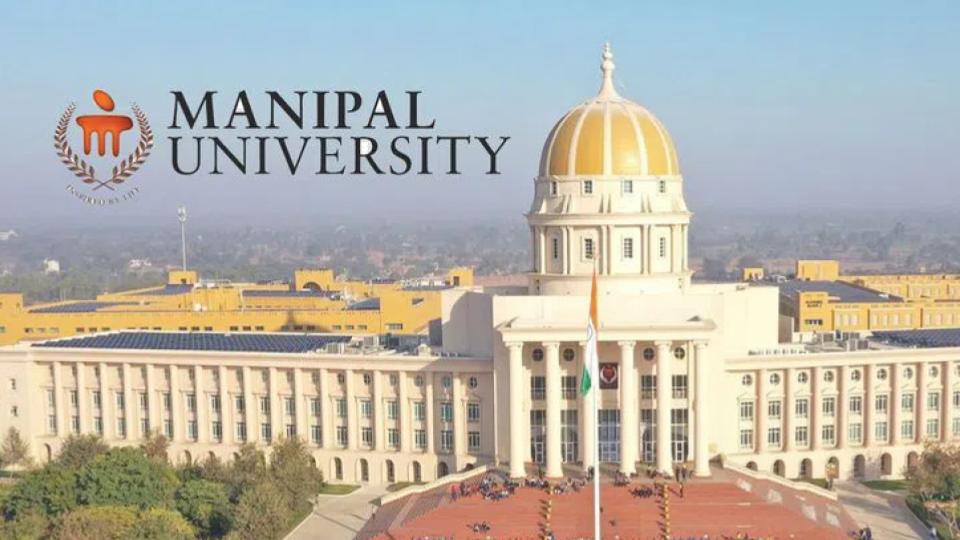

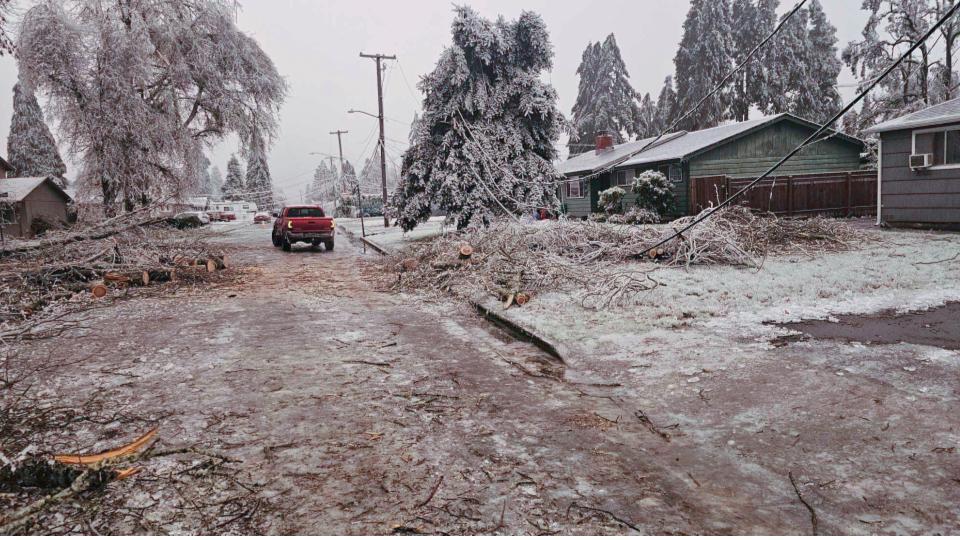
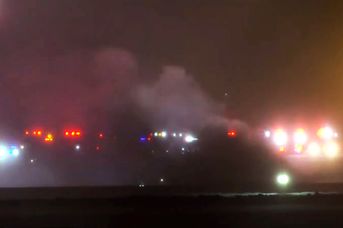

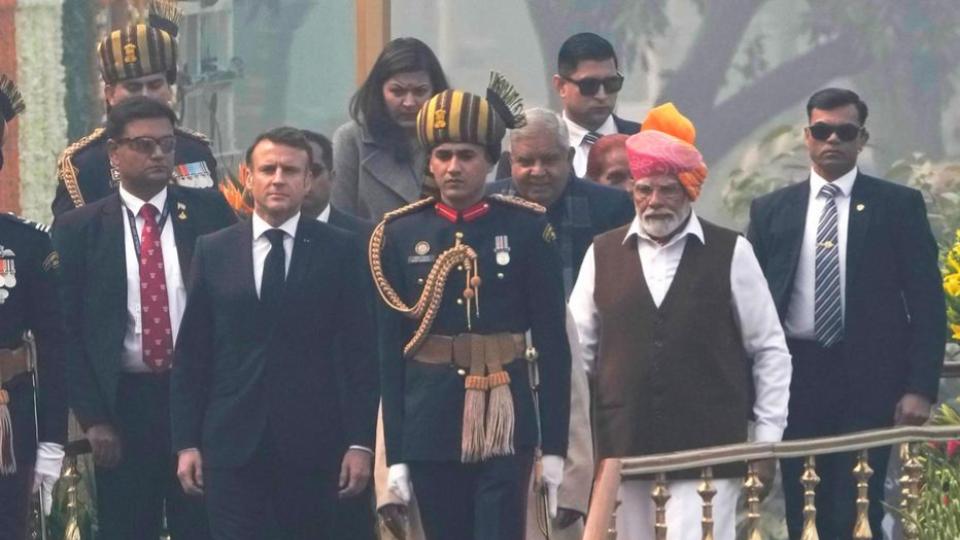

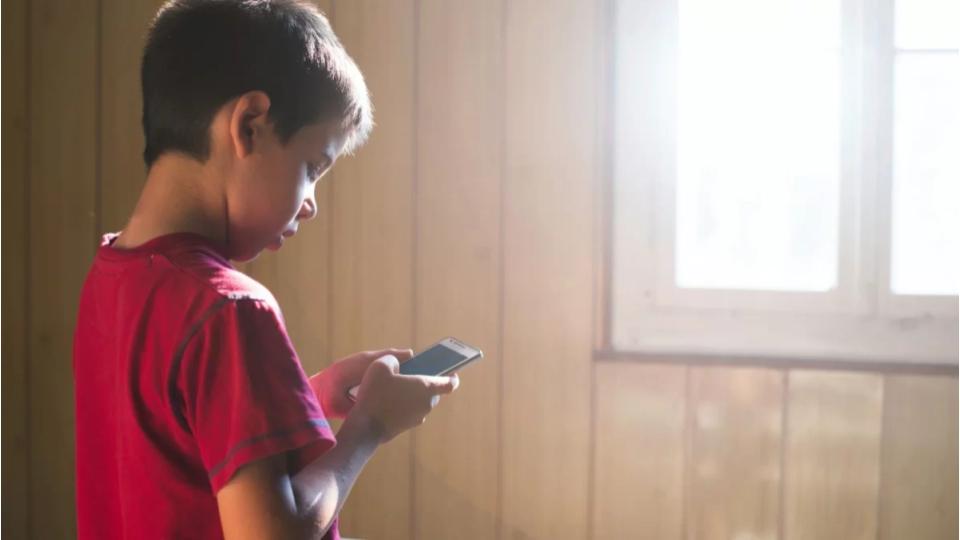
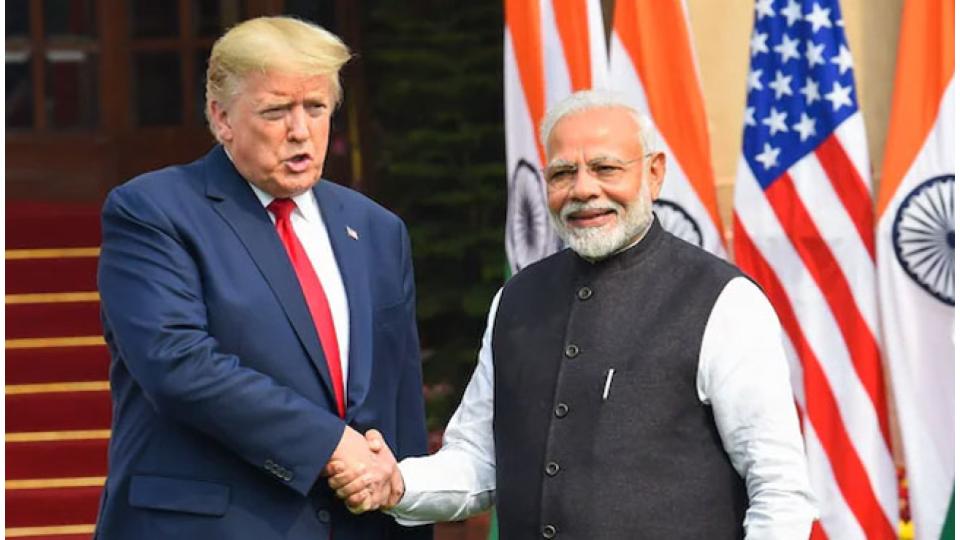


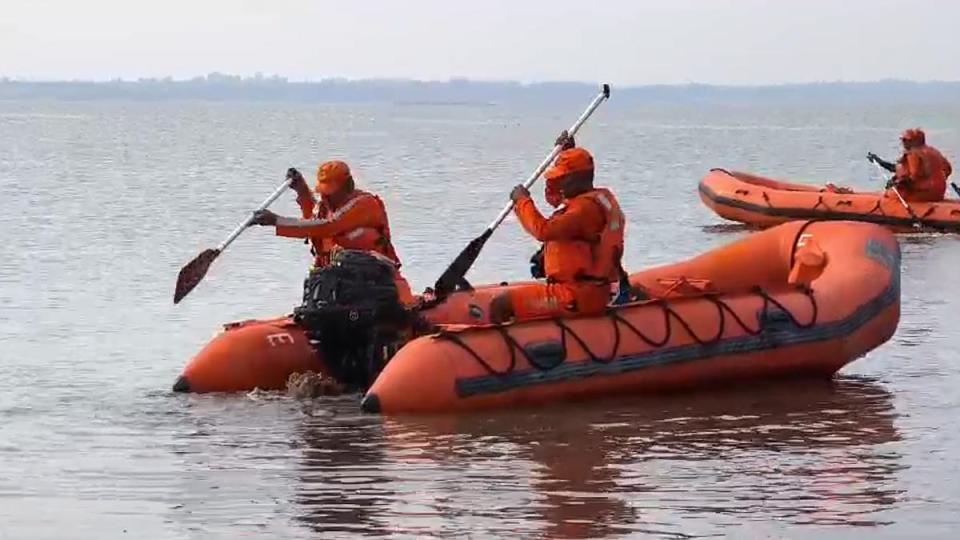
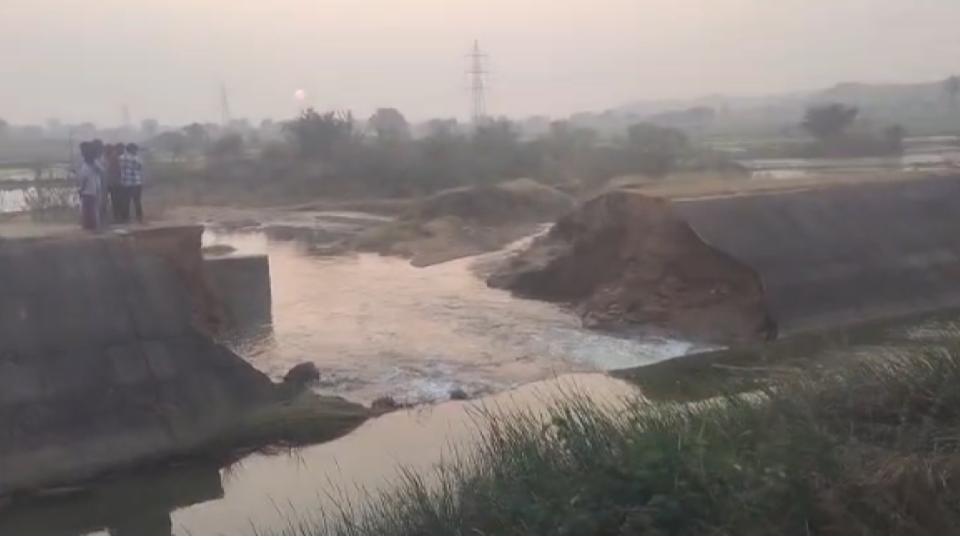





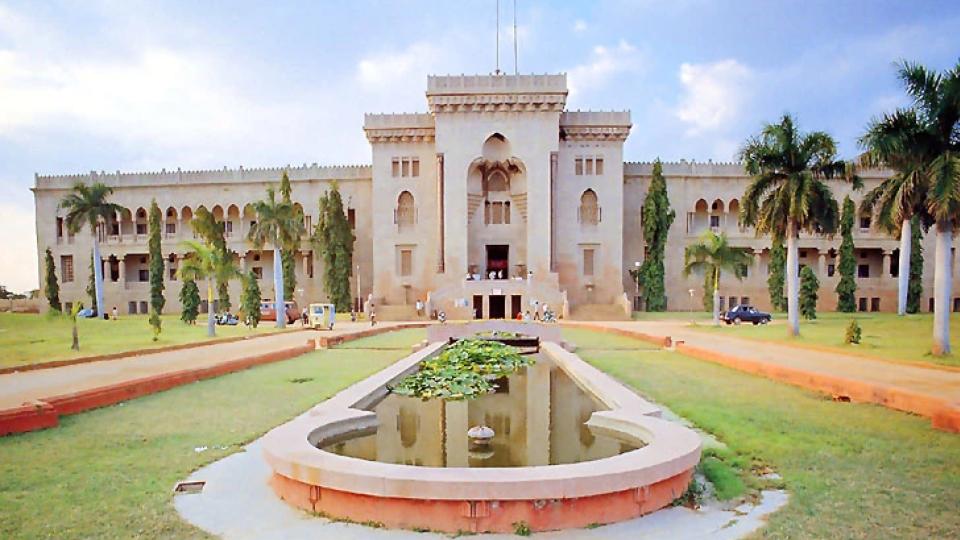
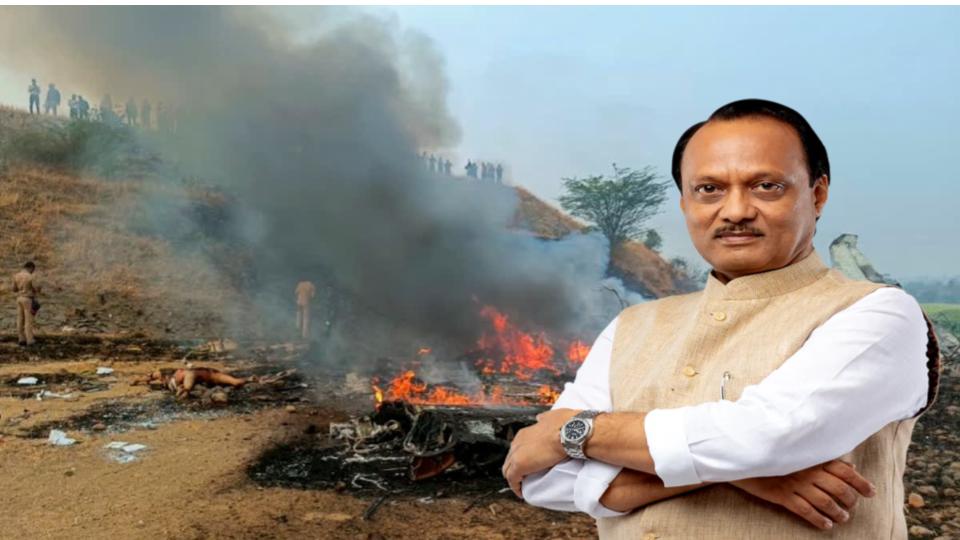


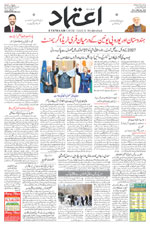










.jpg)
.jpg)
.jpg)


